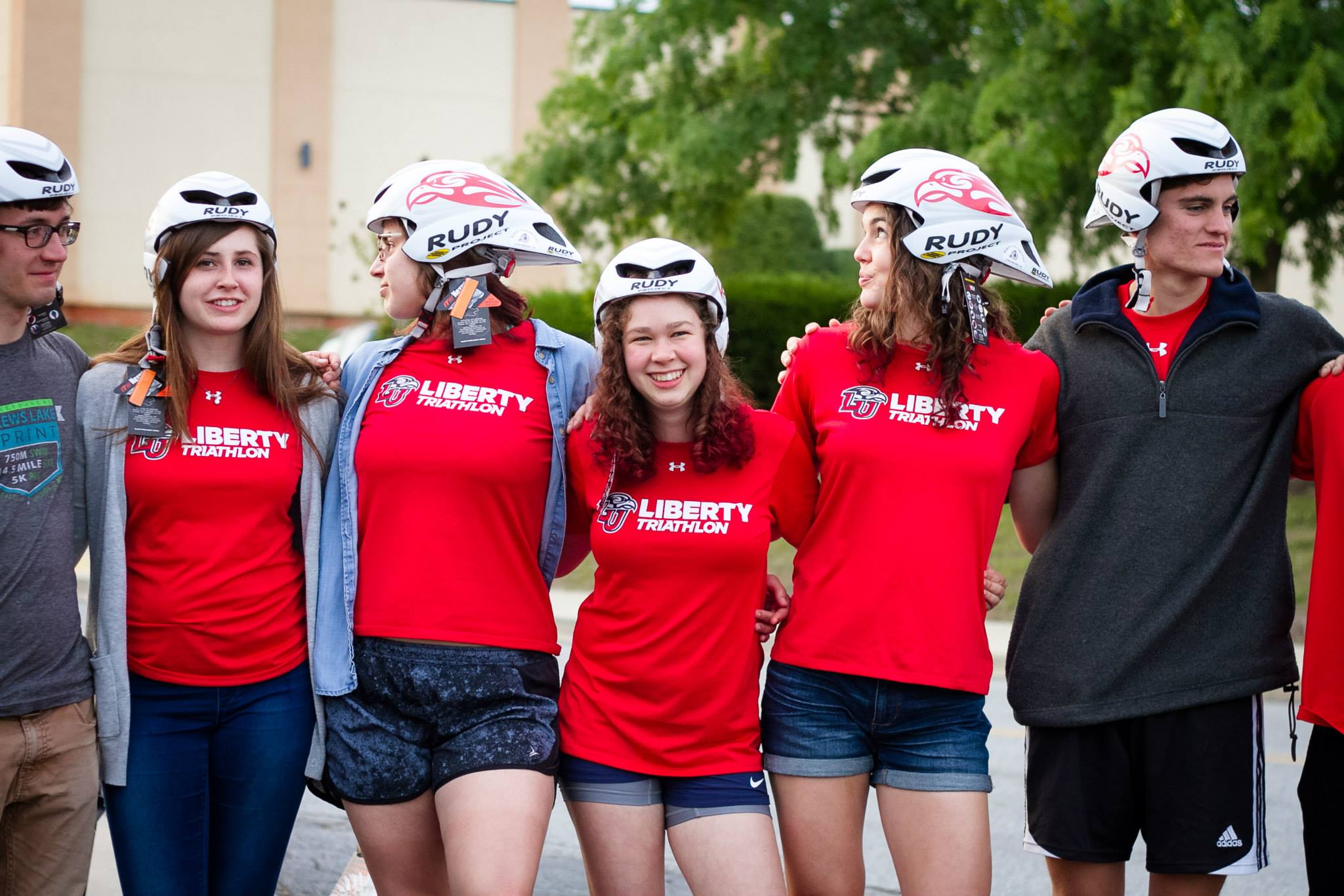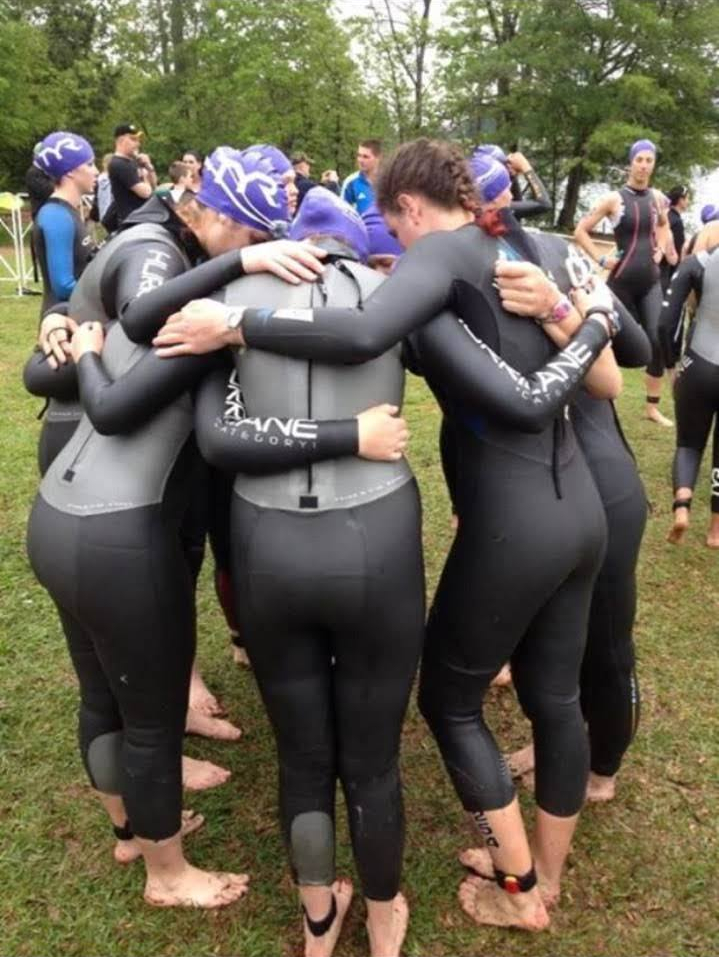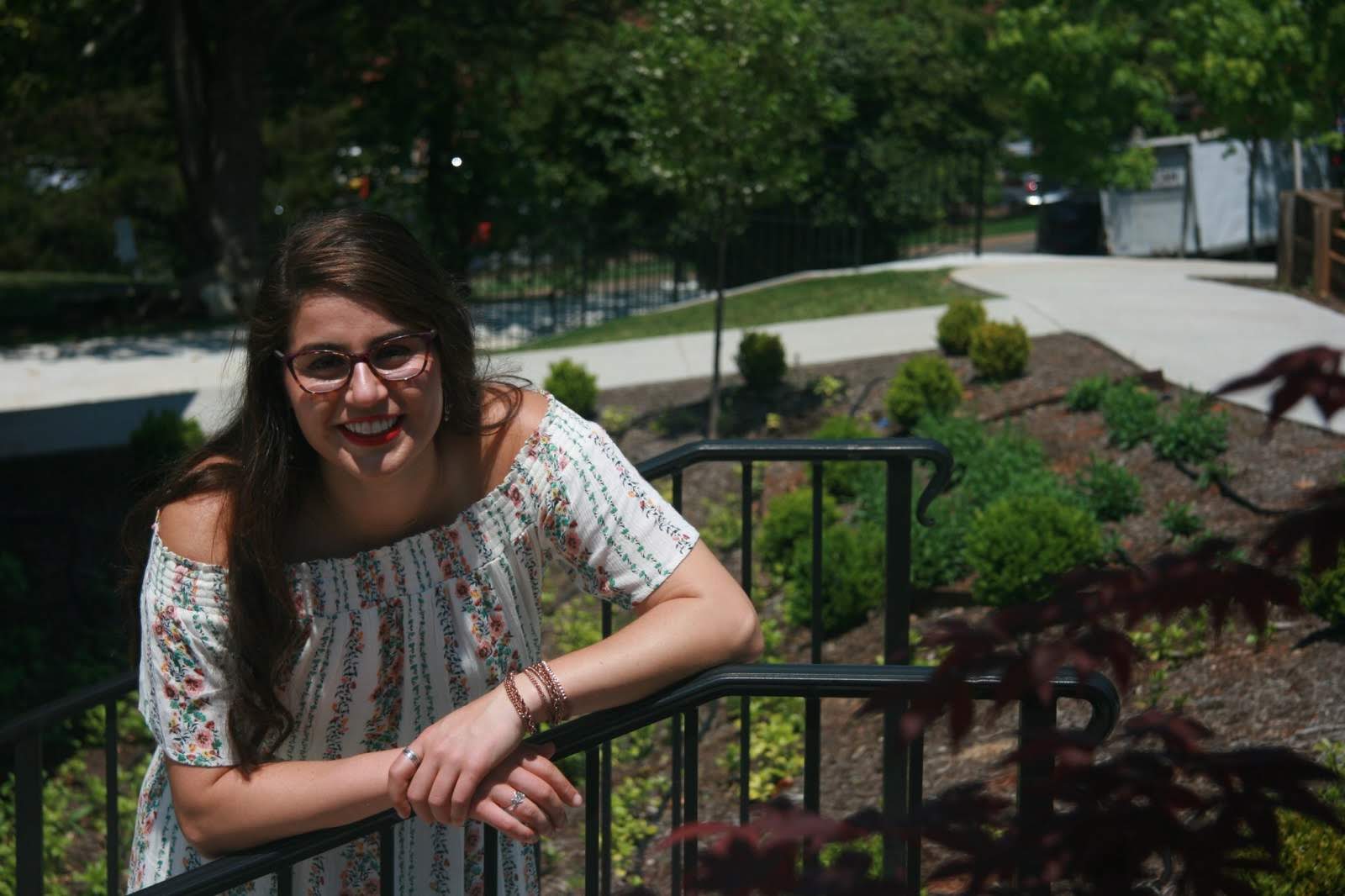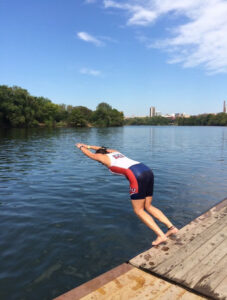Madeline Griffin, soon to be Resident Nurse, competed in many triathlons during her time at Liberty University. She recounts what inspired her to get into triathlons, what went into being a triathlete, and what she learned along the way:
Inspiration
When I came to Liberty, I decided to join the triathlon team. I was already a swimmer and runner during high school, so I just thought why not? But there’s more to that story than that. When I was in 7th grade, my dad was diagnosed with stage IV colorectal cancer. He fought for life until I was a junior in high school when he finished his last round of chemo after it had metastasized to his liver. By the end of that year, he was in remission and, 9 months after he finished chemo, he did a triathlon. That was my initial inspiration for the sport. I also want to add that, as of five years ago, he was declared cured! He is a miracle, and my family and I praise God for that miracle.
Training
When I joined the team, I had no clue what I was getting into. Training was hard. We would put in anywhere between 2 and 5 hours of training a day. It hurt. Many times I wanted to quit and would have if not for the friendships and community of the team. All of us are so different and, without the team, we probably would never have met. But I am so thankful we did, many of my best friends came from that team and they kept me going. We kept each other going, encouraging each other in a community centered around Christ, the difficult training, and the love of being able to go out and bike up a mountain, or swim across a lake, or eat together like a family.

Photo Credit: Dale Carty II
Major Challenges
The largest obstacle I faced was my last semester at Liberty. I got really sick with vertigo this past February and wasn’t able to train at all for about three weeks. I was never able to get back to the full load of training before Nationals. It also greatly affected my life in nursing school. I don’t how I made it to class most days, and it was all I could take just to get back to my apartment and fall into my bed. I was exhausted all the time, sleeping at least 12 hours a day. I couldn’t focus. I felt motion sick and lightheaded with any visual stimulation. I started getting depressed, feeling myself going into a hole. I was too tired to even be angry about it.
Overcoming Challenges
Slowly, with the help from the assistant coach, the girls on the team, my family, physical therapy, my teachers, and many prayers from others, I managed to graduate. I am back home with my parents now, slowly getting better and it feels good to be closer to my normal self than I have been in 5 months. As with anyone else, there have been many obstacles in my life. When they come, it is rough. But, whatever life has thrown at me in the past 4 years, I overcame with the help of the Lord, the support of the community of the team, and support from my family. One thing about racing that I loved, was seeing how strong I could be. How blessed I was to have a body that can do something crazy like that.
How Victory Built Character
The hard work and diligence I put into training helped keep me working hard in other areas of my life, primarily school. I’m an all or nothing kind of girl. I work hard, play hard, and crash hard. Recently, I crashed hard. I’m slowly picking up the pieces and learning more about balance.
When swimming, biking, or running, you have to keep going.
You must look back and see what went wrong, and what you did well and take both those sides into perspective for the next game plan. Same goes with victories. There’s always room for improvement. But acknowledging to yourself what you did well is just as important. When correcting someone, you point out what they did wrong, but also what they did well so that you build that person up and not tear them down. The same goes when you look at yourself. That’s a lesson I learned during the obstacle of this last semester that I am working on integrating into the rest of my life.




